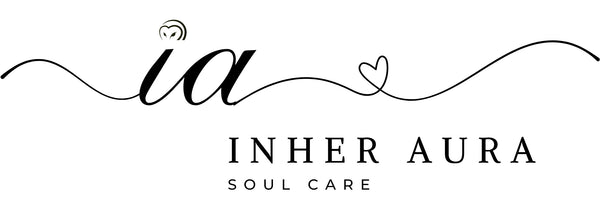Series: (Un)Popular Opinion | Topic: Career/Workplace | Thread: Confidence at Work
The old rules of career advancement — speak up, assert yourself, climb the corporate ladder — are being rewritten. Many women, especially Black women, are redefining success by prioritizing results, boundaries, and well-being over performative confidence.
Everyone is told that confidence is the key to career success. Speak up. Assert yourself. Climb the corporate ladder. But what if that advice doesn’t match reality? Increasingly, women, especially Black women, are rejecting this traditional script. Instead of constantly showing confidence and risking scrutiny, bias, burnout, or pay stagnation, many are choosing to quietly disengage: showing up, doing what’s necessary, and stepping away from the relentless push to be “seen” or noticed.
This shift is not laziness or lack of ambition. It’s a strategic response to workplaces where pay increases often don’t keep pace with performance, promotions lag, toxic dynamics, gatekeeping, and bias persist, and where hyper-visibility feels more like a risk than a reward.
The Myth of Workplace Confidence
Here’s the uncomfortable truth: what many companies call “confidence” isn’t really confidence at all. It’s performance. It’s smiling at the right people, talking just loud enough in meetings, and aligning yourself with power, even if your actual work is average. In many environments, “confidence” is just office politics dressed up as personality.
It might look like speaking up in every meeting, agreeing with leadership even when ideas are flawed, or sending lengthy updates to showcase activity, behaviors often praised as confidence. The problem is that equating confidence with visibility can penalize those who focus on results rather than self-promotion, creating workplaces where substance takes a back seat to style. Mistaking performance for true competence can affect promotions, recognition, workplace dynamics, and most importantly, the quality of the work and progress toward the organization’s mission.
Why Performative Confidence Backfires
Performative confidence often gets rewarded while genuine competence is overlooked. People who kiss up, exaggerate their role, or constantly spotlight themselves are promoted faster than those quietly delivering results. The system is designed to recognize visibility over value.
But this kind of confidence comes at a cost. The relentless push to always be “on” — to prove yourself, overexplain, and overperform — drains energy and leads to burnout. And the moment women push back or refuse to play along, they risk being labeled “difficult,” “aloof,” or “not a team player.”
The Case for Quiet Competence
In response, many women are choosing quiet competence over performative confidence. Doing the work thoroughly, consistently, and strategically builds credibility — even if it doesn’t always win immediate recognition. Quiet competence protects energy and creates boundaries in environments where bias, favoritism, and politics run rampant.
But even this approach isn’t foolproof. Excelling quietly can make co-workers suspicious, raise eyebrows with supervisors, or attract resentment from colleagues who rely on politics to advance. When recognition eventually comes, those threatened by competence often respond with gatekeeping, undermining, or subtle sabotage.
This tension highlights the paradox: both playing the corporate “confidence” game and opting out of it come with risks.
Redefining Success on New Terms
The difference now is that more women are no longer willing to sacrifice themselves to “the system.” They are redefining success on their own terms. Titles, promotions, and performative visibility are losing their appeal. Instead, the focus is on autonomy, balance, peace, and the freedom to invest energy in priorities outside of work — while still delivering excellent results.
Women are actively choosing careers and work strategies that allow them to control their paths and preserve their well-being, instead of conforming to outdated corporate expectations that reward office politics and performative confidence over substance.
As one perspective puts it:
“True confidence is competence without the performance.”
This captures the essence of quiet competence — deliberate, resilient, and grounded, rather than loud or performative. It’s about making intentional choices: when to assert influence, when to step back, and how to preserve energy for what truly matters.
The Conversation We Need to Have
So here’s the question: is quiet competence replacing performative confidence in today’s workplace? Or is it simply a survival strategy in systems still stacked against women?
Which approach do you take in your workplace, performative confidence or quiet competence, and how has it shaped your experience? Share your perspective in the comments.

